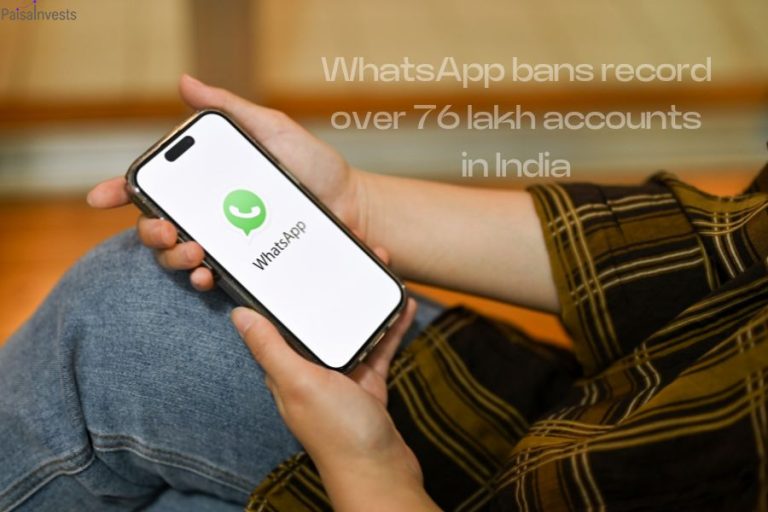With over 500 million users, the messaging app in the nation received a record 16,618 complaint reports in February of this year, of which 22 were “acted upon.”
The Meta-owned messaging app, WhatsApp, announced on Monday that it had blocked over 76 lakh Indian accounts in February, adhering to the IT (Intermediary Guidelines and Digital Media Ethics Code) Rules, 2021.
As per the company’s monthly compliance report, during the period of February 1-29, 7,628,000 WhatsApp accounts were banned, out of which 1,424,000 were banned proactively, meaning they were banned before any user reports were received.
With over 500 million users, the messaging app in the nation received a record 16,618 complaint reports in February of this year, of which 22 were “acted upon.”
Accounts marked as “Accounts Actioned” indicate reports in which WhatsApp addressed issues raised by users; taking action means that an account may be banned or may be reinstated if it had previously been banned.
“All grievances are addressed, with the exception of those that are considered to be duplicates of earlier tickets. When an account is blocked or reinstated after being banned due to a complaint, it is considered “actioned,” according to the business.
From January 1st to January 31st, the business blocked “6,728,000 accounts.” In the absence of user reports, 1,358,000 of these accounts were proactively banned.
In addition to safety measures and controls, the firm claims that “we employ a team of engineers, data scientists, analysts, researchers, and experts in law enforcement, online safety, and technology developments to oversee these efforts.”
For More Visit: https://paisainvests.com/
Disclaimer: The articles on PaisaInvests.com are solely for educational purposes. While we endeavor for accuracy, we make no guarantees regarding completeness or reliability. Readers are advised to conduct their own research and seek professional advice before making any financial decisions. We are not liable for any loss or damage incurred from the use of information provided. Additionally, we do not control the content of external websites linked within our articles.



